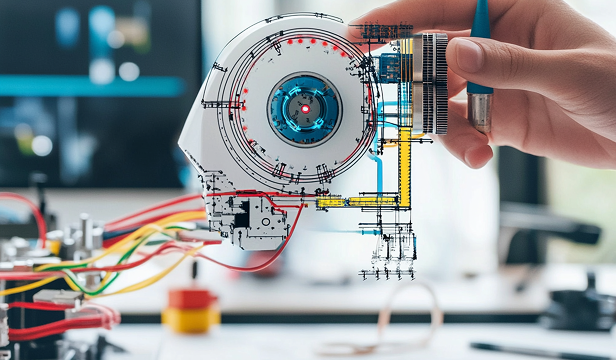Artificial Intelligence (AI) is revolutionizing the creative industry, particularly in video production. AI-generated videos are…

A scientific mistake can lead to massive loss of life, but it is usually limited and containable. On the other hand, a cultural mistake can be more influential, as its impact extends across generations, affecting minds and behaviors, leading to lost opportunities for development and societal progress. Cultural mistakes are not always obvious; they penetrate customs and traditions, and accumulate over time to create challenges that are difficult to overcome.
When wrong values become part of the general culture, people begin to adopt them as taken-for-granted truths, which leads to the disruption of change and creativity. These mistakes may appear in the form of beliefs that limit critical thinking, or practices that prevent individuals from achieving their full potential. This type of mistake can create generations that suffer from closed-mindedness and repeat the same mistakes.
Cultural mistakes also appear in the context of business, where companies may adopt organizational habits that hinder innovation and growth. Examples of this include sticking to traditional procedures despite a changing market, or not encouraging creative thinking for fear of taking risks. When these errors become part of the organizational culture, companies lose their ability to adapt and evolve, putting them at risk of failure.
One of the most dangerous consequences of cultural error is the disruption of education and knowledge transfer. When the belief that learning is limited to a certain stage of life takes hold, opportunities for lifelong learning, which is the basis for innovation, are disrupted. Societies that lack appreciation for lifelong learning lose the ability to develop new generations capable of meeting modern challenges.
Cultural error can also manifest itself in the form of societal biases that hinder the achievement of justice and equality. For example, cultural biases can marginalize certain groups in society, depriving them of the opportunities needed to achieve success and contribute to development. These biases negatively affect the diversity of societies and limit their potential.
Correcting cultural error requires collective awareness and a strong will for change. Change begins with individuals who challenge false beliefs and put forward new ideas that are relevant to the modern era. Education plays a pivotal role in this context, as it contributes to the development of minds capable of critical thinking and discovering solutions to complex problems.
Cultural change also requires promoting open dialogue among members of society, allowing for the exchange of ideas and reconsideration of old beliefs. Moving away from isolation and adopting values of tolerance and openness can help correct the course and rebuild a culture that contributes to the development of society.
In the context of business, leaders need to realize the importance of organizational culture and its role in achieving success. Investing in building a work environment that promotes innovation and encourages continuous learning can protect companies from falling into the trap of cultural error. Companies must adopt a proactive approach to re-evaluating their habits and changing what does not serve their long-term goals.
Ultimately, correcting cultural errors is everyone’s responsibility, from individuals to institutions and communities. Every positive change starts with personal awareness and a collective will to change. Overcoming cultural errors does not mean abandoning core values, but rather reshaping habits and beliefs to suit the requirements of the era.
Mr. Rami Makki
Business Consultant



